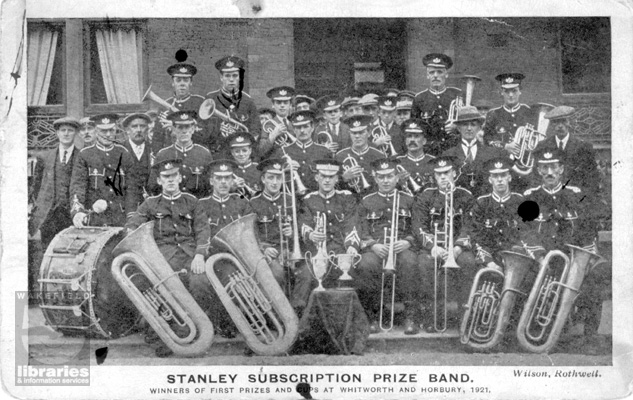Monthly Archives: July 2021
Summer Reading Challenge 2021: Wild World Heroes
It’s going to be wild in our libraries this summer! Download the Summer Reading Challenge 2021 events brochures and book your places today!
This summer, Wakefield Council Libraries and The Reading Agency have teamed up with WWF for a very special nature-themed Challenge that will inspire you to stand up for the planet!
This year’s Summer Reading Challenge is part of Festival of the Earth; an exciting collection of events, activities, workshops and more taking place from July to October 2021 across the Wakefield district.
Find out more: expwake.co/EarthFestWFD
It’s free, family friendly and in your local library from Saturday 3 July 2021
Visit your local Wakefield Council library to join. Choose any six books to read over the summer and
win rewards, a certificate and a medal. Finish the Challenge and you could help your school to win a prize too.
There is also a special Mini Challenge for children under 4.
You can also join in online at wildworldheroes.org.uk
Enjoy family fun exploring libraries and sharing books together as you become #WildWorldHeroes
Family History Friday: The 1921 Census
As family historians we’re probably all aware of the value of the census, done every 10 years, which shows us where our ancestors were on the night that the census was taken. Due to data protection laws the information in a census can only be seen after one hundred years. This means that the earliest census that we can currently view is that of 1911. However many of us are waiting, with eager anticipation, for the release of the 1921 census which will happen at some point in 2022. So today we thought we’d look at the background to the 1921 census and what we can expect to see in it.
As the census has progressed over the years, the data within it has also grown, from firstly giving basic information about a person (their name, address and age), to later on showing how each member of a household was related to one another and their date of birth. The 1921 census gives yet further information never previously been given on a census including:
Place of employment
Industry in which employed
Materials worked with
Name of employer
Marital status for those aged 15 or over (“divorce” as a status is included for the first time)
Details of whether or not parents were still alive for those under 15
If a person spoke an additional language (this was applicable for census returns in Wales and the Isle of Man)
In other words, this census will provide far more information than previous censuses. From it, we should be able to glean a better insight into our ancestors’ daily lives, particularly in terms of their employment. The 1921 census also allowed, for the first time, people to submit confidential returns. This suggests that people may have been far more willing to reveal personal information, such as divorces and relationships between members of the family.
So when might we be able to access the 1921 census? As you can imagine there’s a lot of work going on in the background in order to make this possible. To give you an idea of the size of the task, the 1921 census takes up 1.6 kilometres of shelving, comprising roughly 8.5 million householder questionnaires (or schedules) held in 28,152 volumes. Each schedule was completed by the householder and is in their handwriting. There are also 1,992 volumes of Plans of Division, a standard 32 page booklet in which local registrars recorded how their registration subdistrict would be broken up into enumeration districts for the census. Enumeration districts were designed so that a single enumerator would be able to visit all the properties in that district on census day in order to collect the schedules after they had been completed.
Just under 38 million people were living in England and Wales in June 1921, when the census was taken. The increase in population since 1911 was about 1.8 million, approximately half the increase from 1901 to 1911 and proportionally the lowest increase since the census first began in 1801. This really shows the impact that the First World War had on the population.
Find My Past has been chosen as the commercial partner for The National Archives in order to make the 1921 census available online. Each page has to be firstly examined, cleaned and repaired before it is passed to the scanning team. This work has been affected by the restrictions placed upon the teams due to Covid but it is progressing well and the project is still on track for a full online release in early 2022. An exact launch date has not yet been announced.
Of course, being a member of Wakefield Libraries will allow you free access to these records when they do become available.
This is our 47th and final weekly Family History Friday. We will now move to a monthly schedule. Thanks to everyone for reading!
